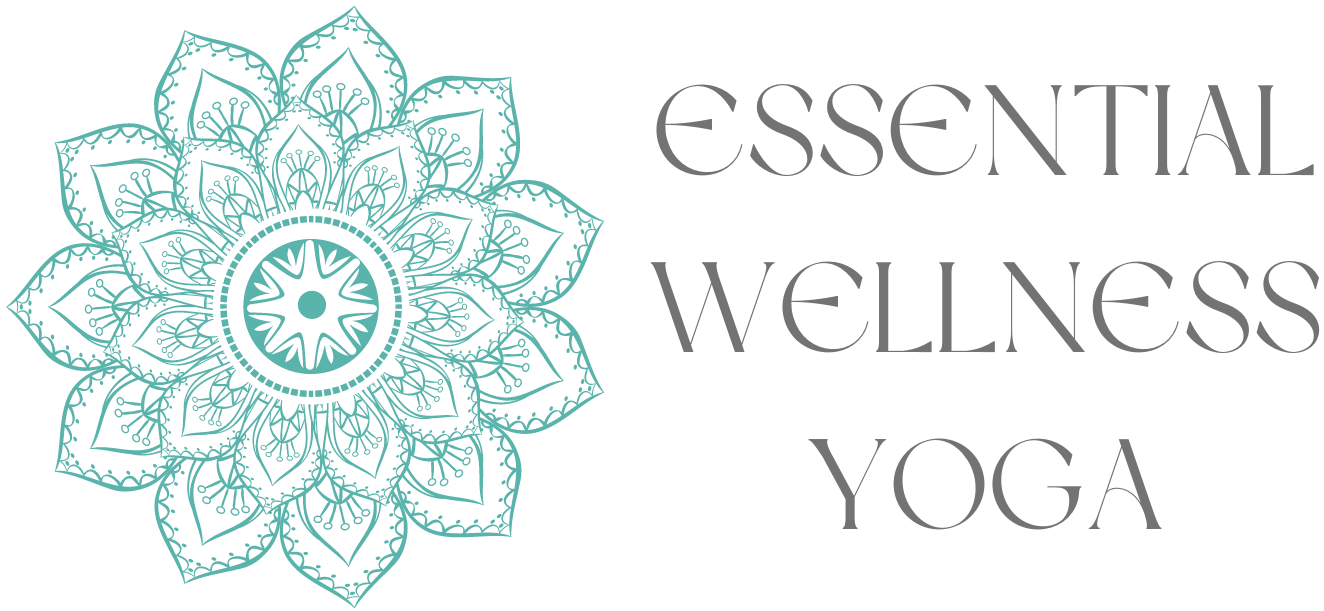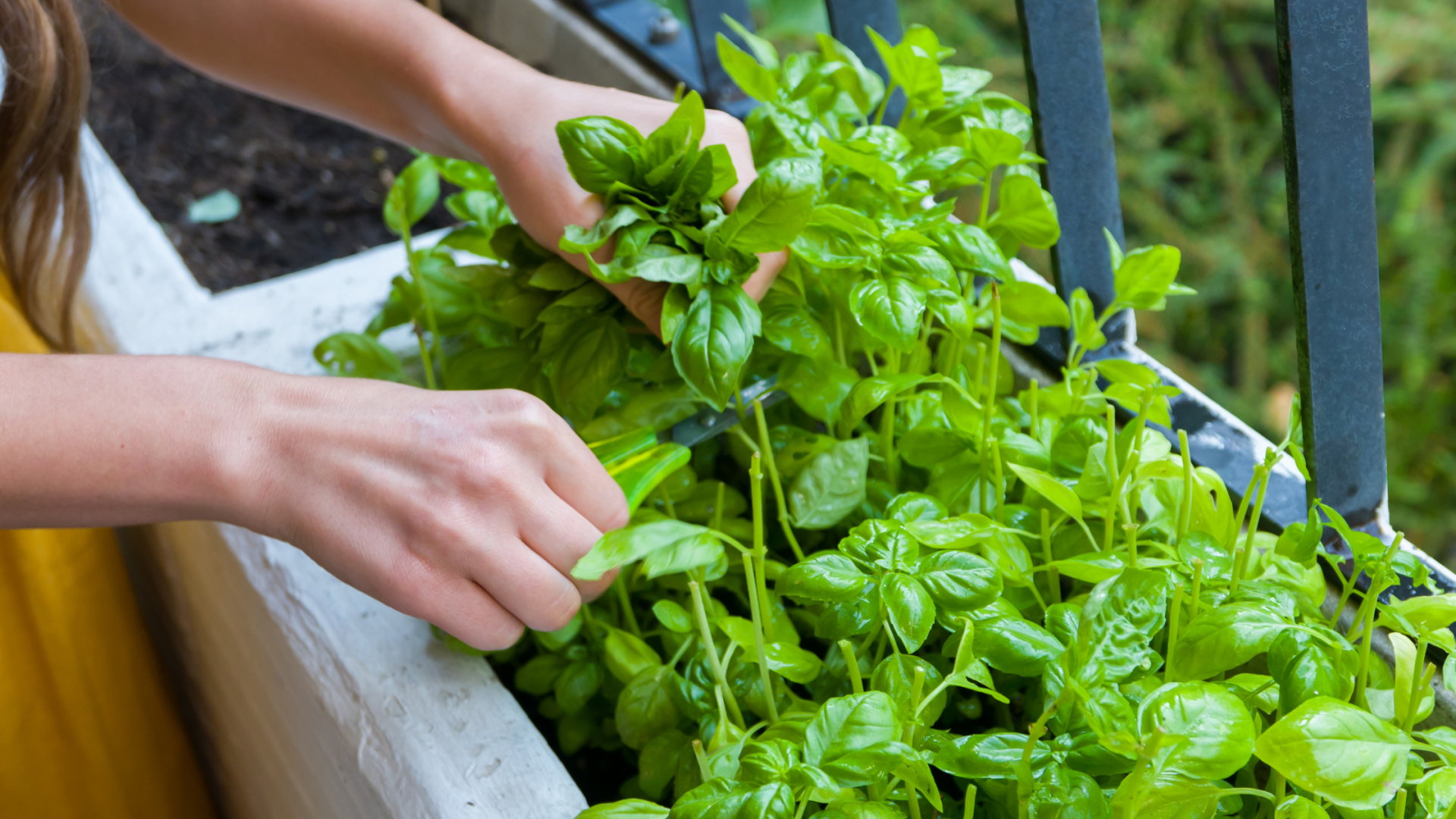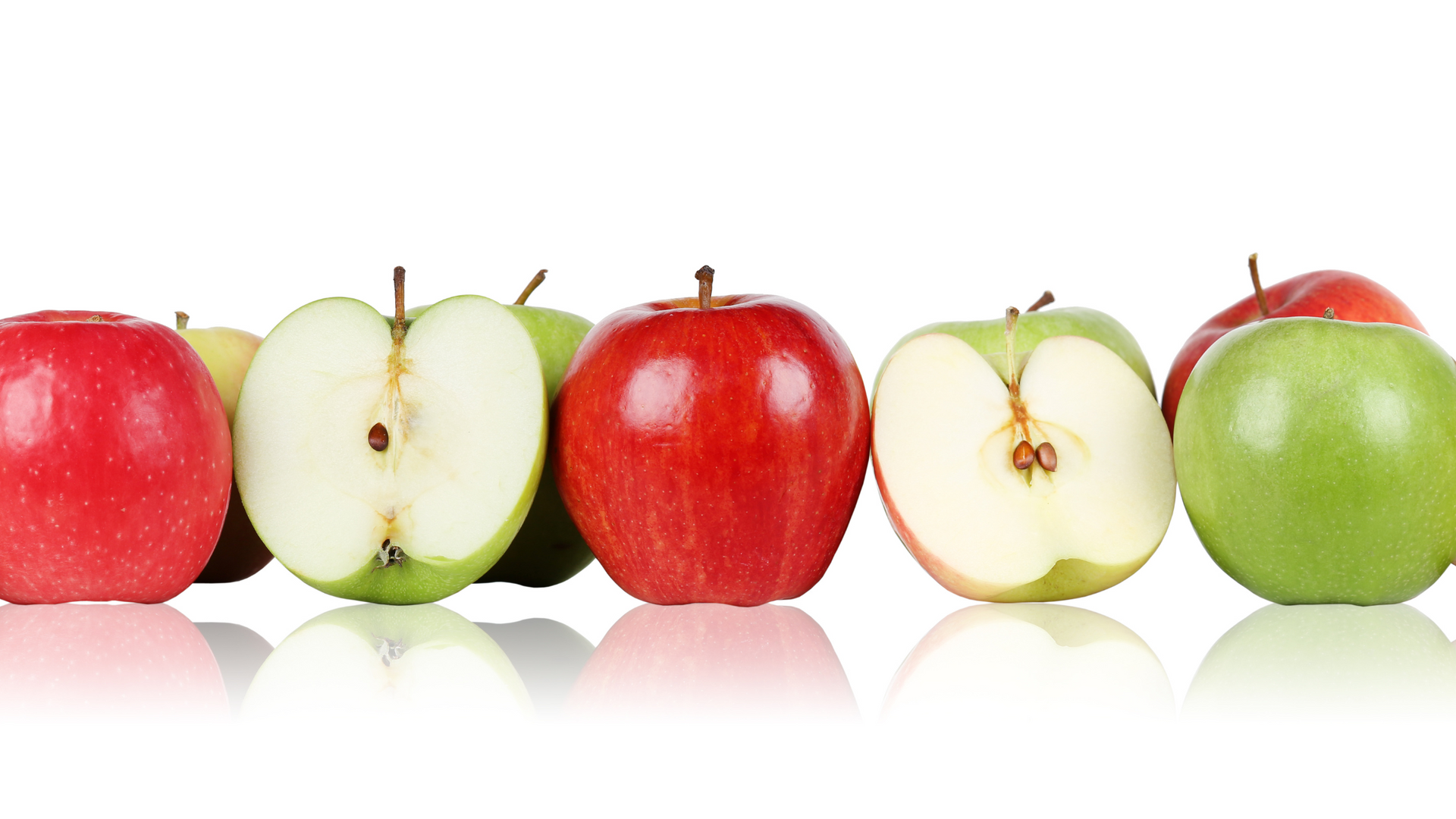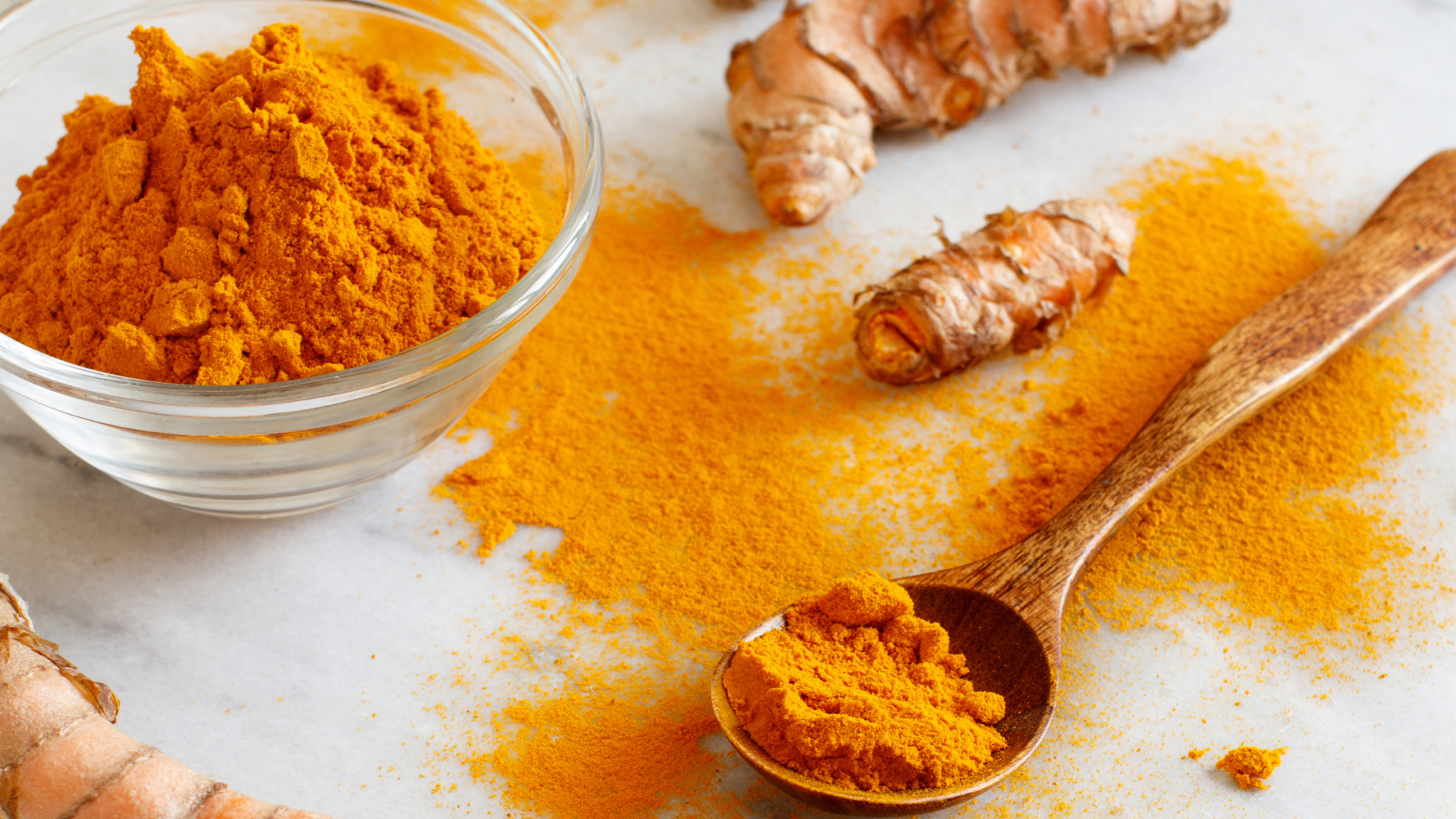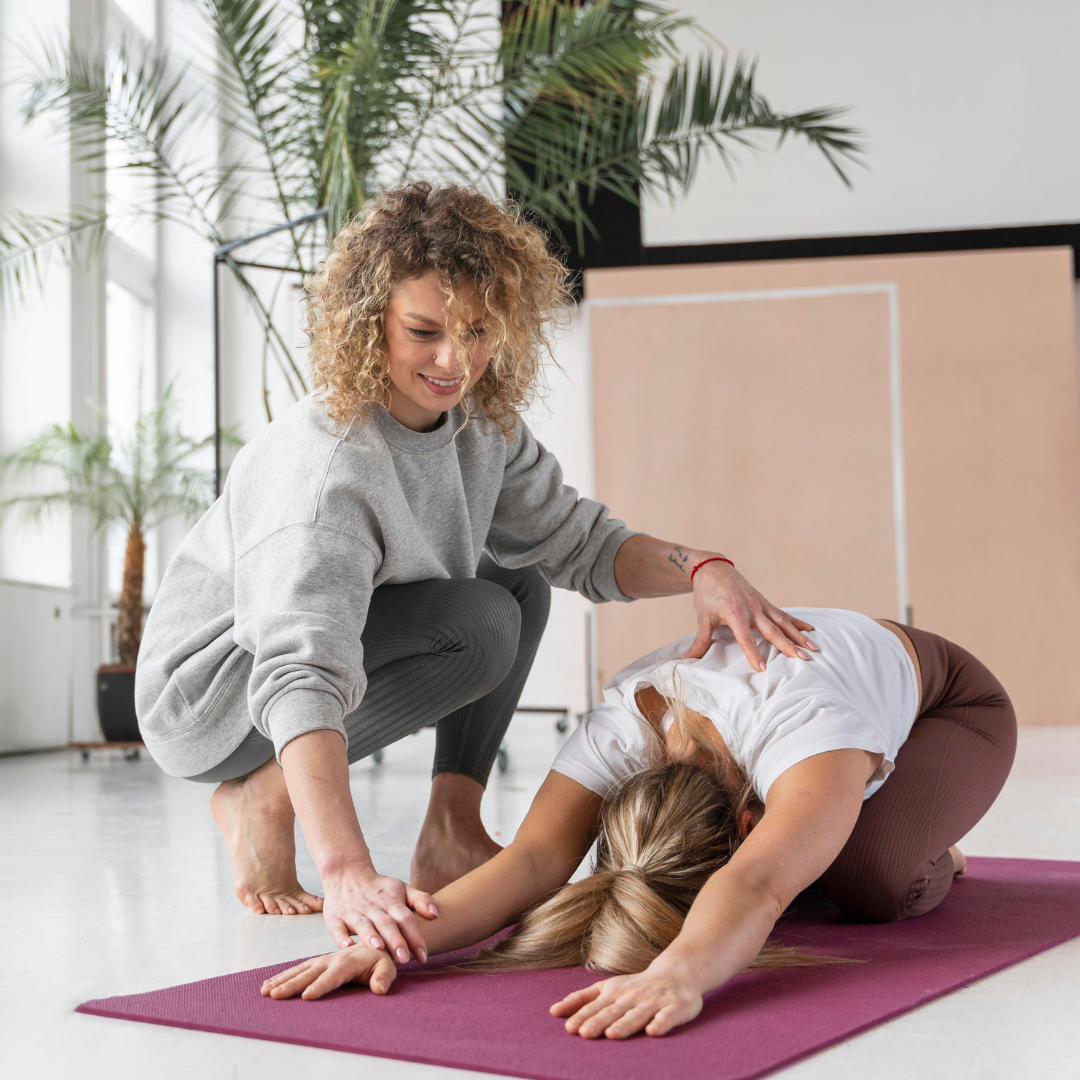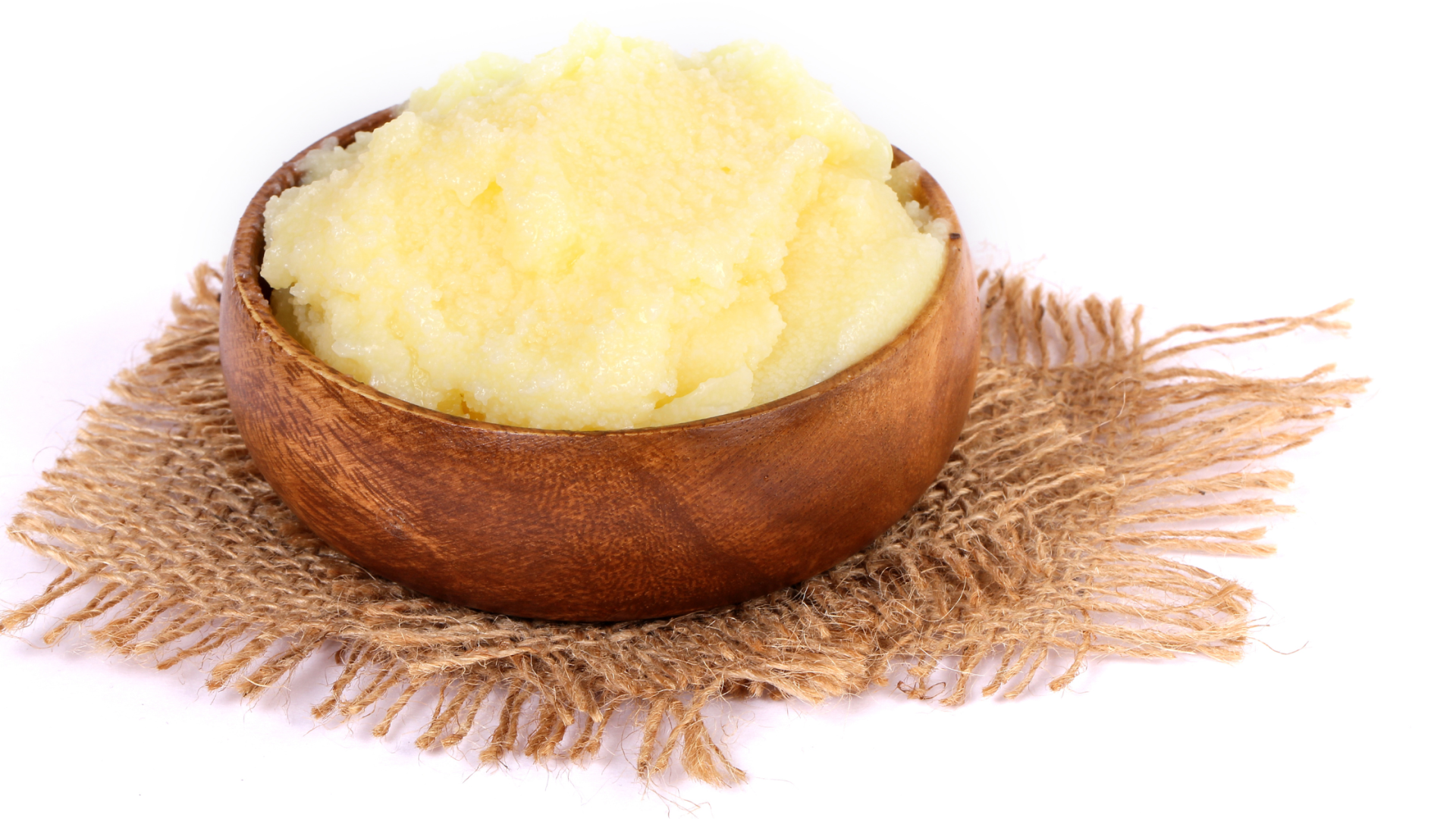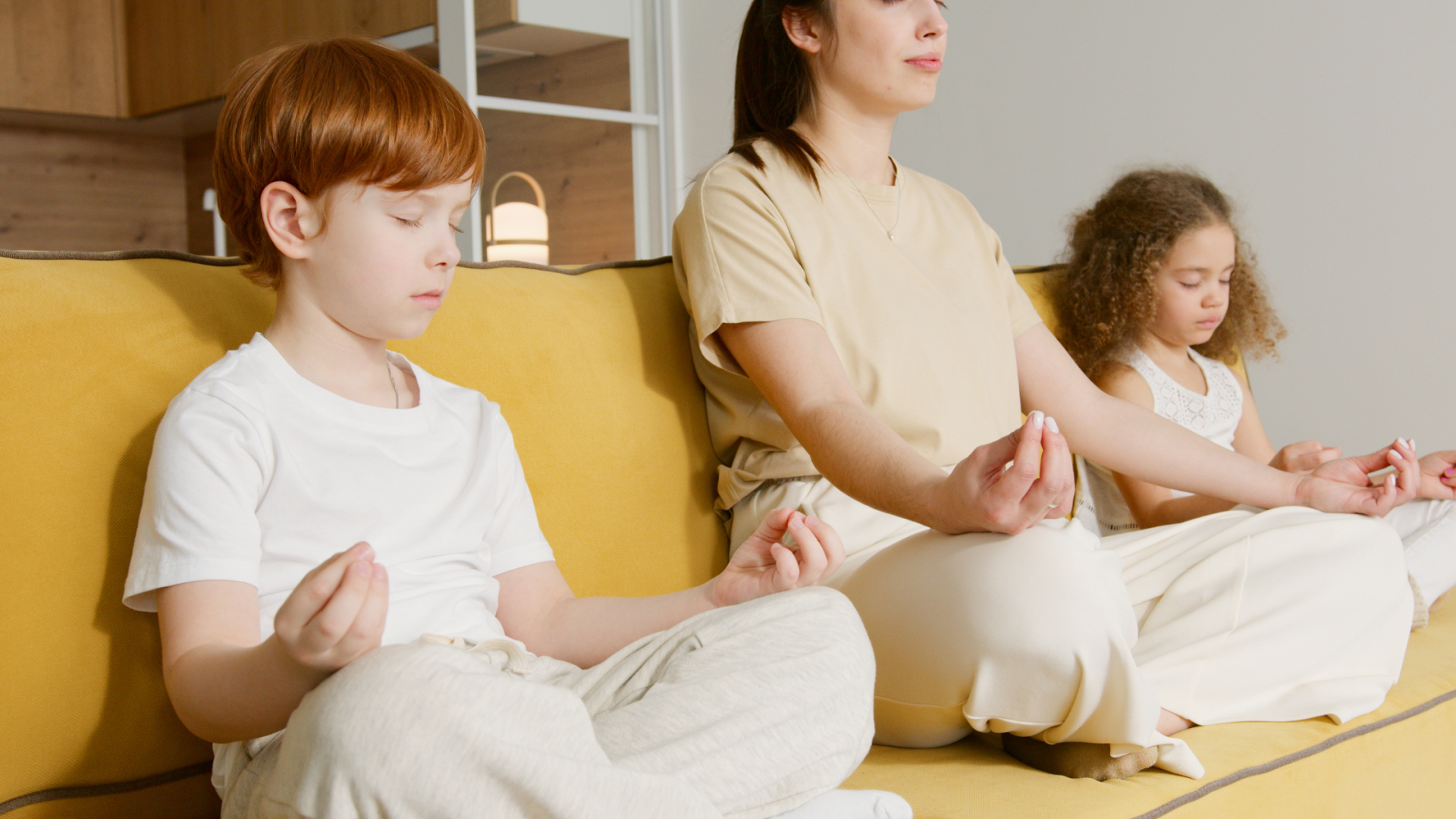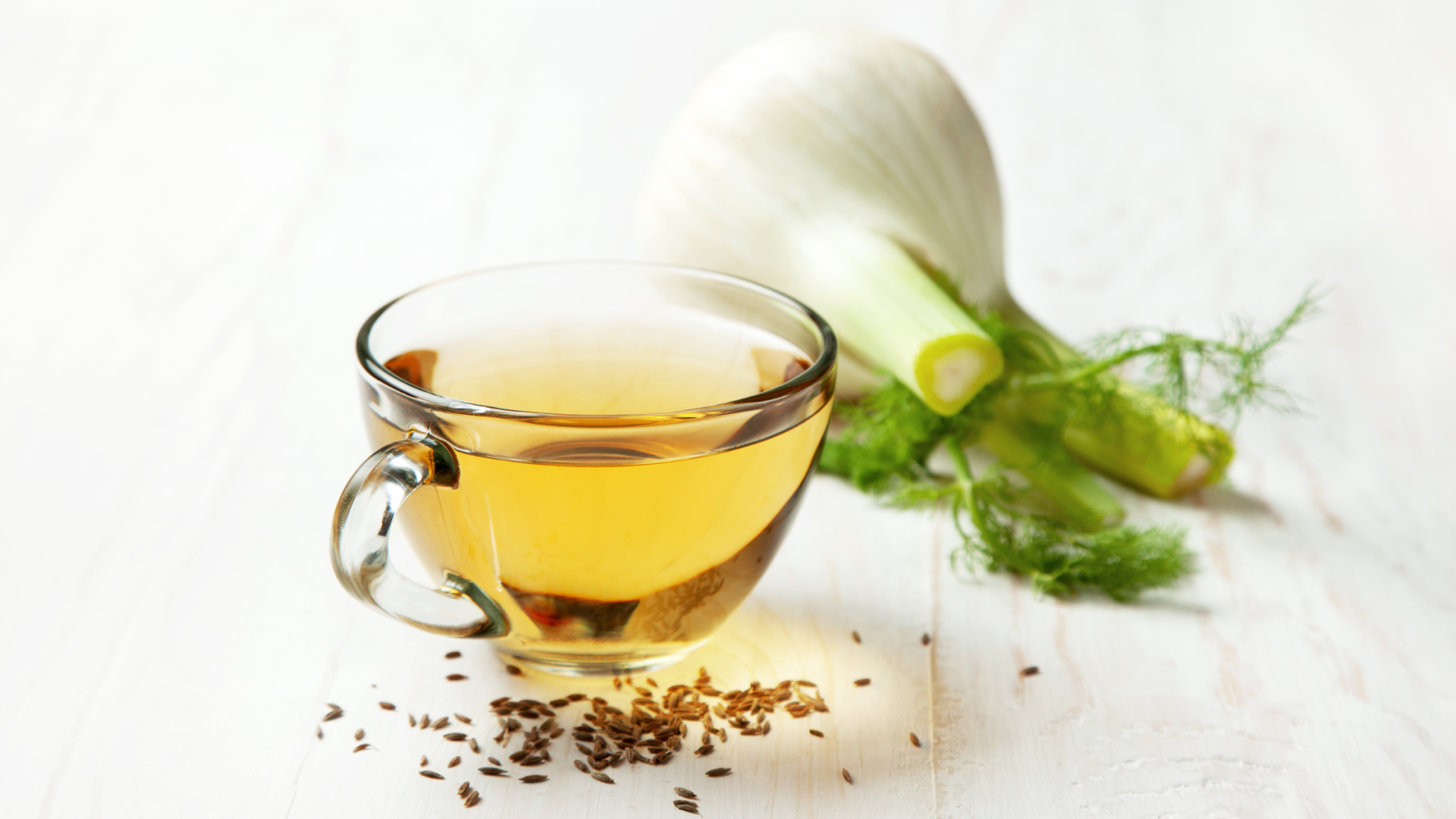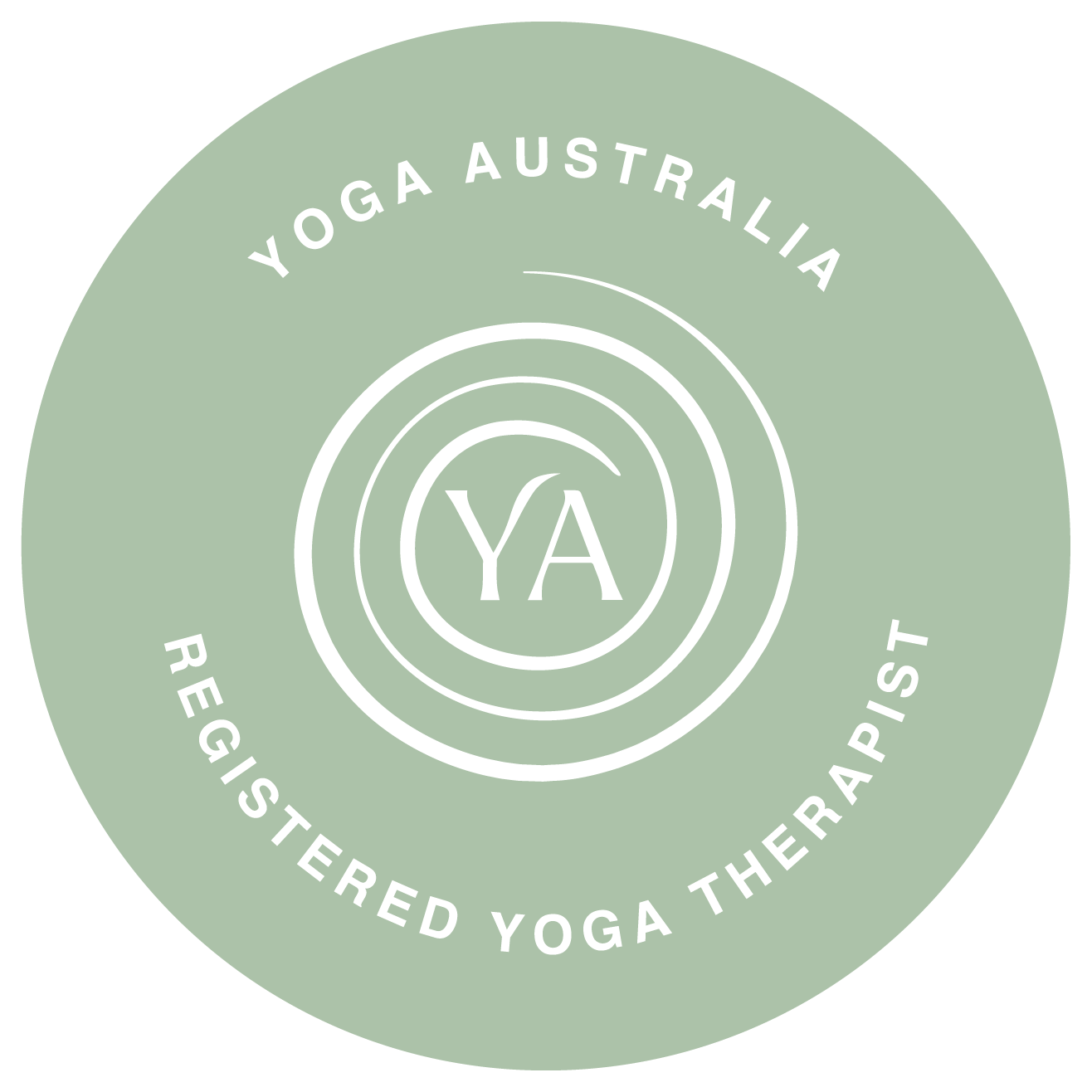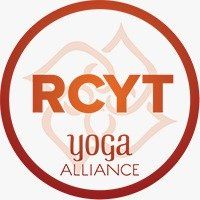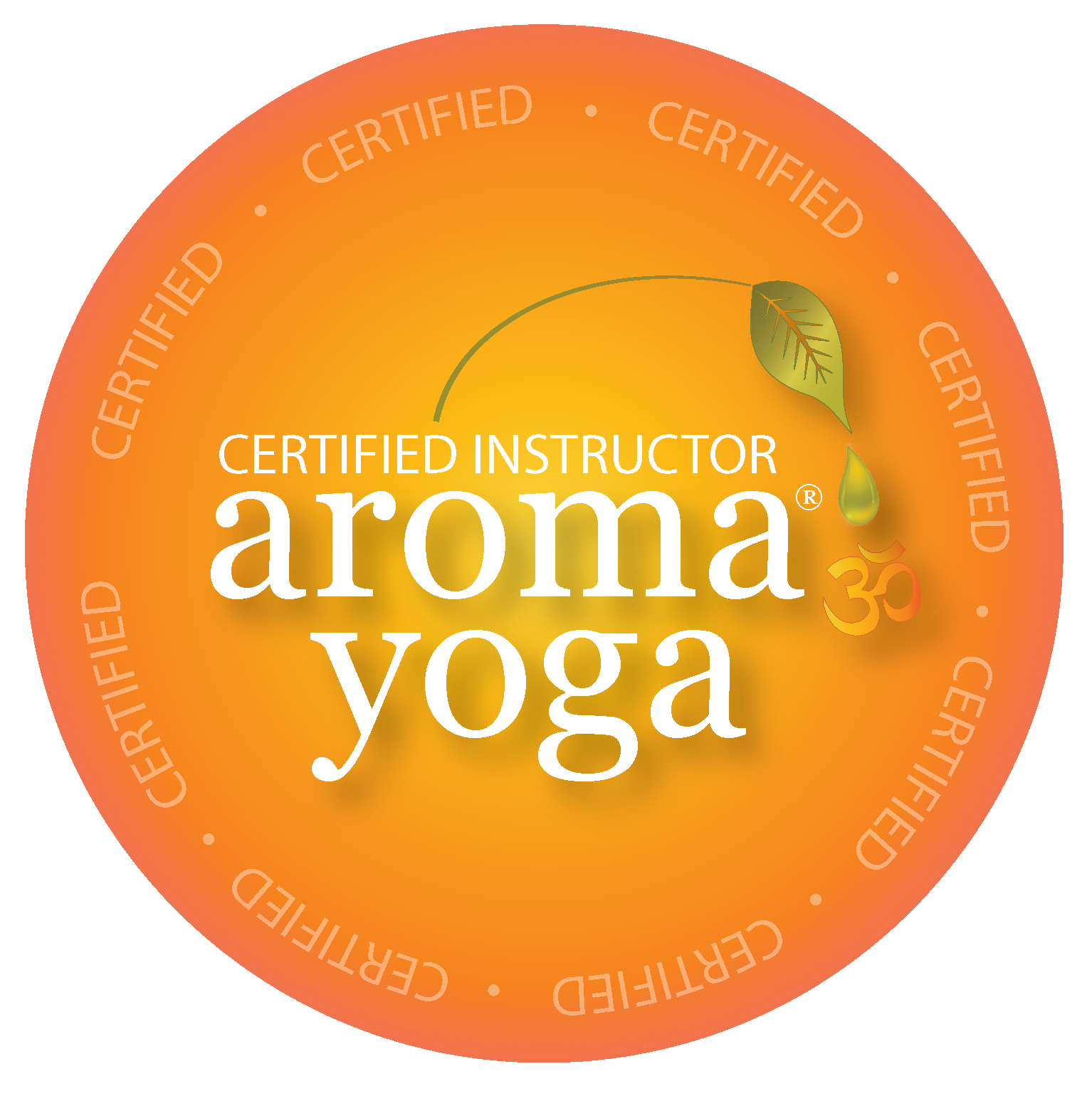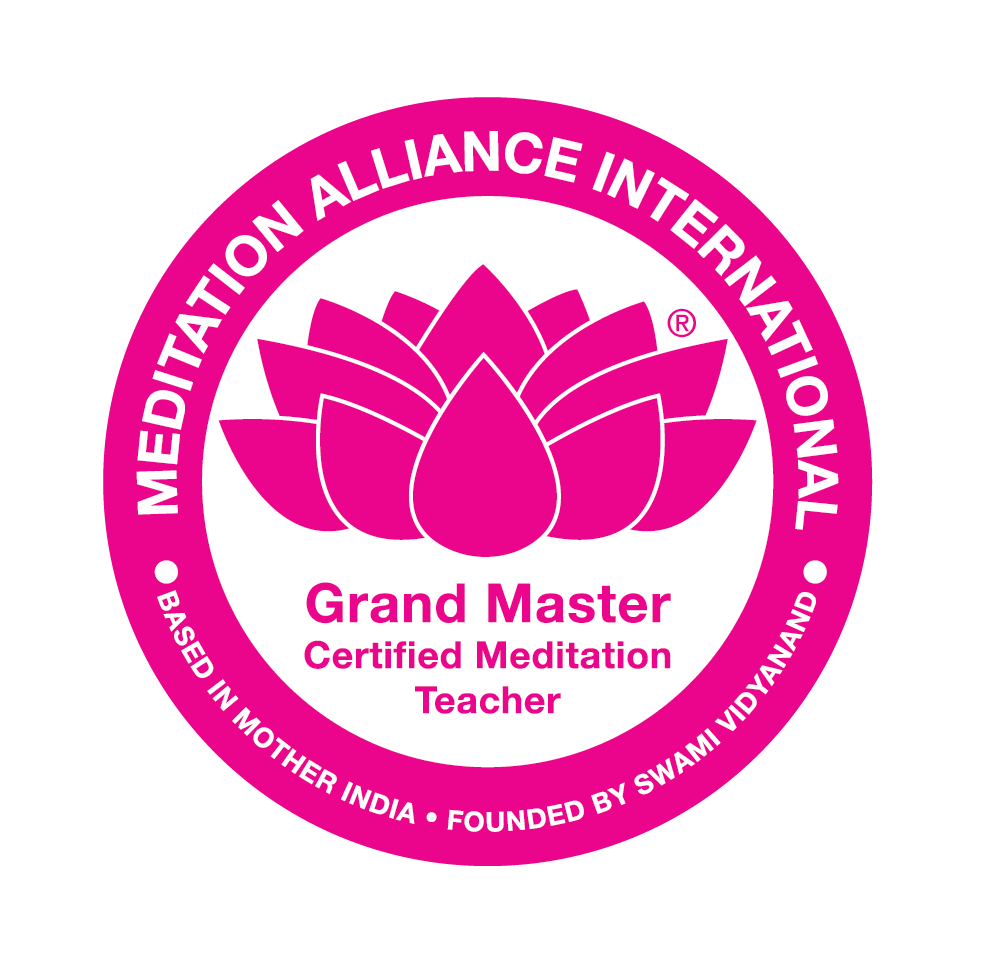Anti-Bacterial Plant Benefits
A few weeks ago I shared the goodness that can be found in the herbs from our herb garden and how they can help our wellness. Today I'd like to share some amazing anti-bacterial plants, that are also easy to grow in our backyards, in pots or in the ground. These plants provide amazing natural ways to ward off some common bacteria that sometimes rear their heads as we change seasons.
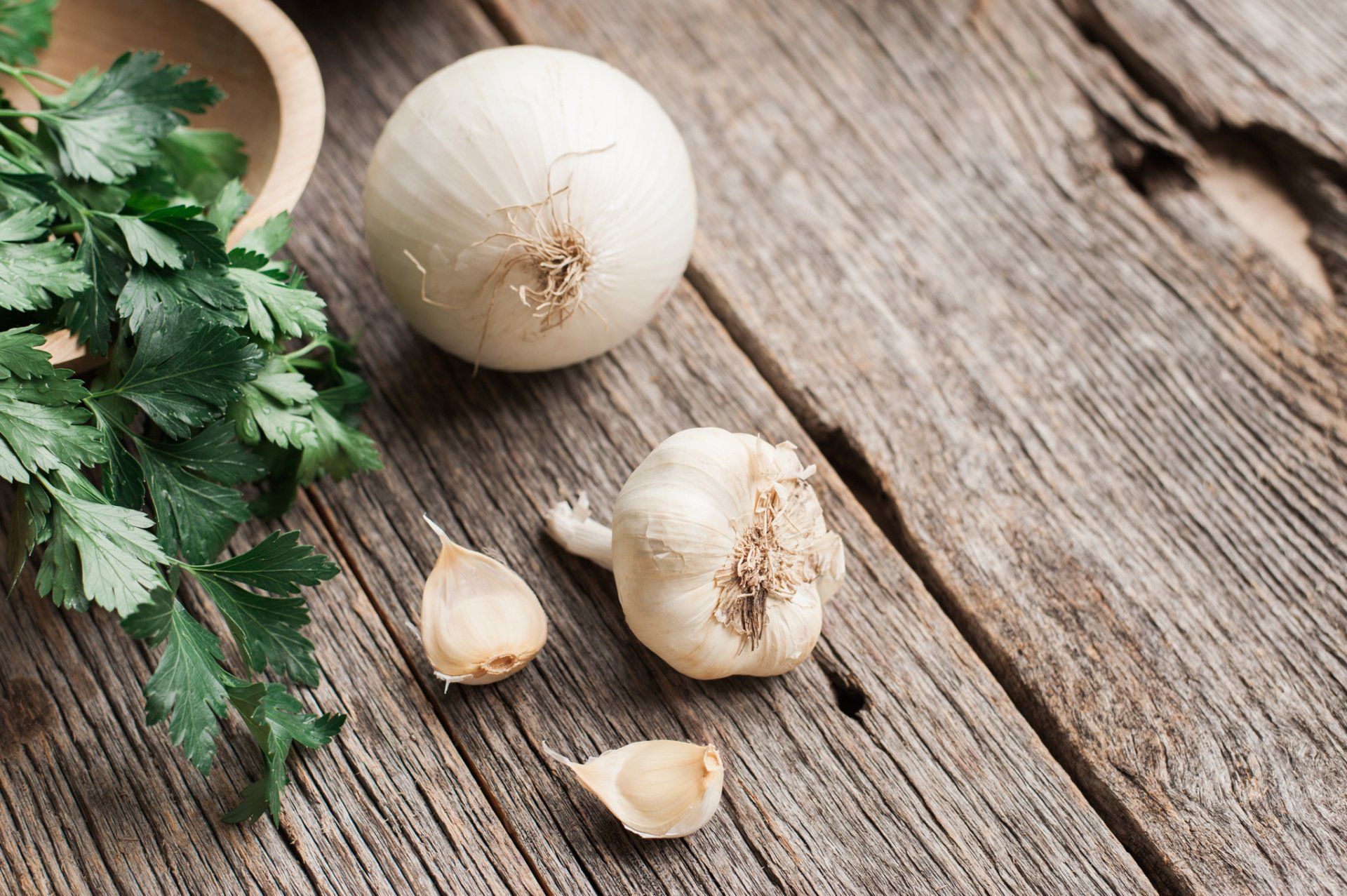
GARLIC
Garlic has long been recognised across the world for its preventative and curative powers. Research has found that garlic can be an effective treatment against many forms of bacteria. With many of us spending more time at home we can eat it freely without fear of the odour scaring away our friends.
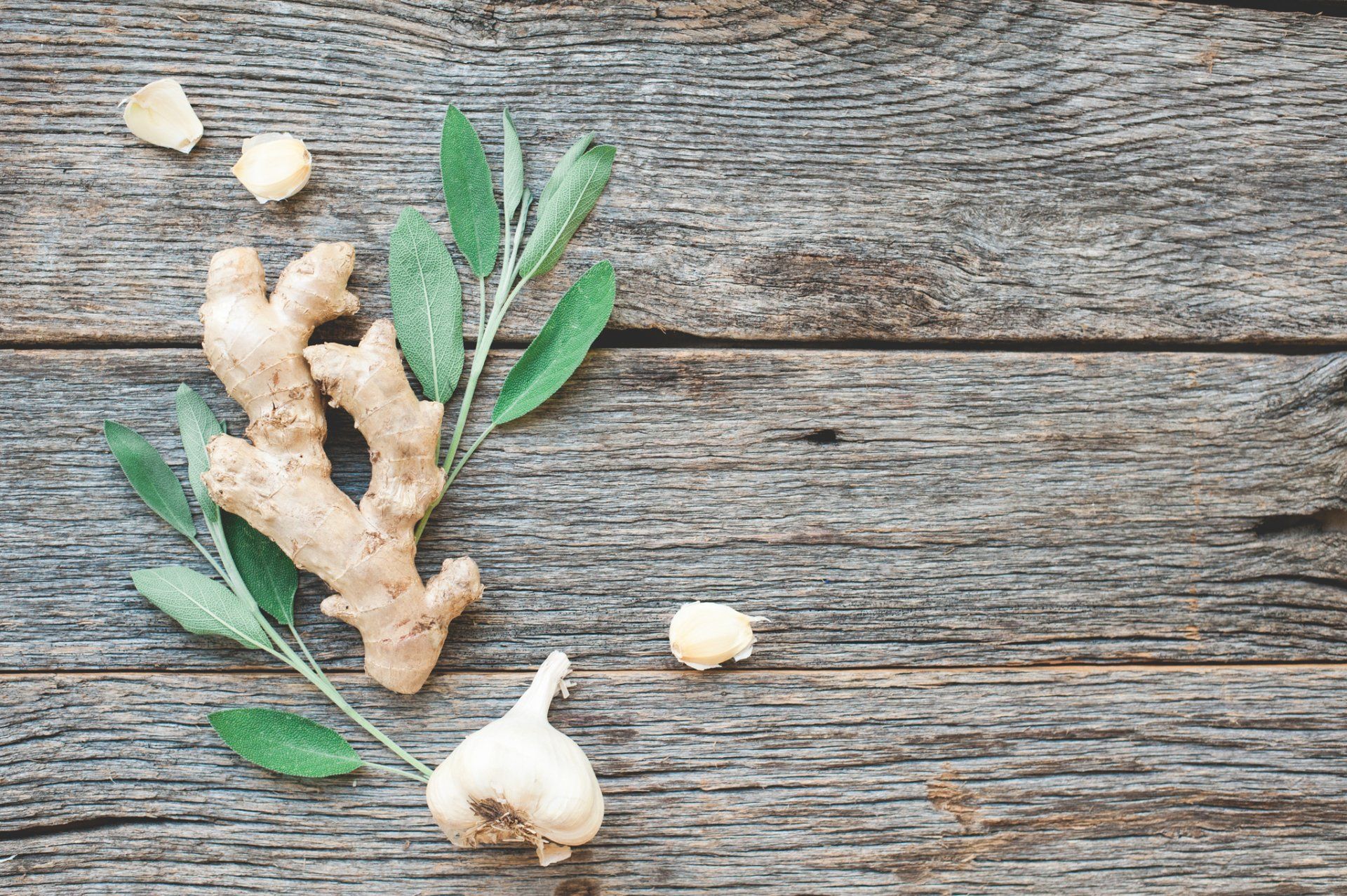
GINGER
Several studies have shown ginger's ability to fight many strains of bacteria. The scientific community also recognises ginger as a natural antibiotic. Researchers are also exploring ginger's power to combat seasickness and nausea and to lower blood sugar levels.
TIP: Add grated ginger (or pure essential oil) to salads and stir fries for a zingy hit. Two slices of ginger added to hot hot tea gives your digestive system a much needed booster. My husband loves adding a drop of ginger essential oil with a drop of honey (to help the oil combine with the water) to his tea daily.
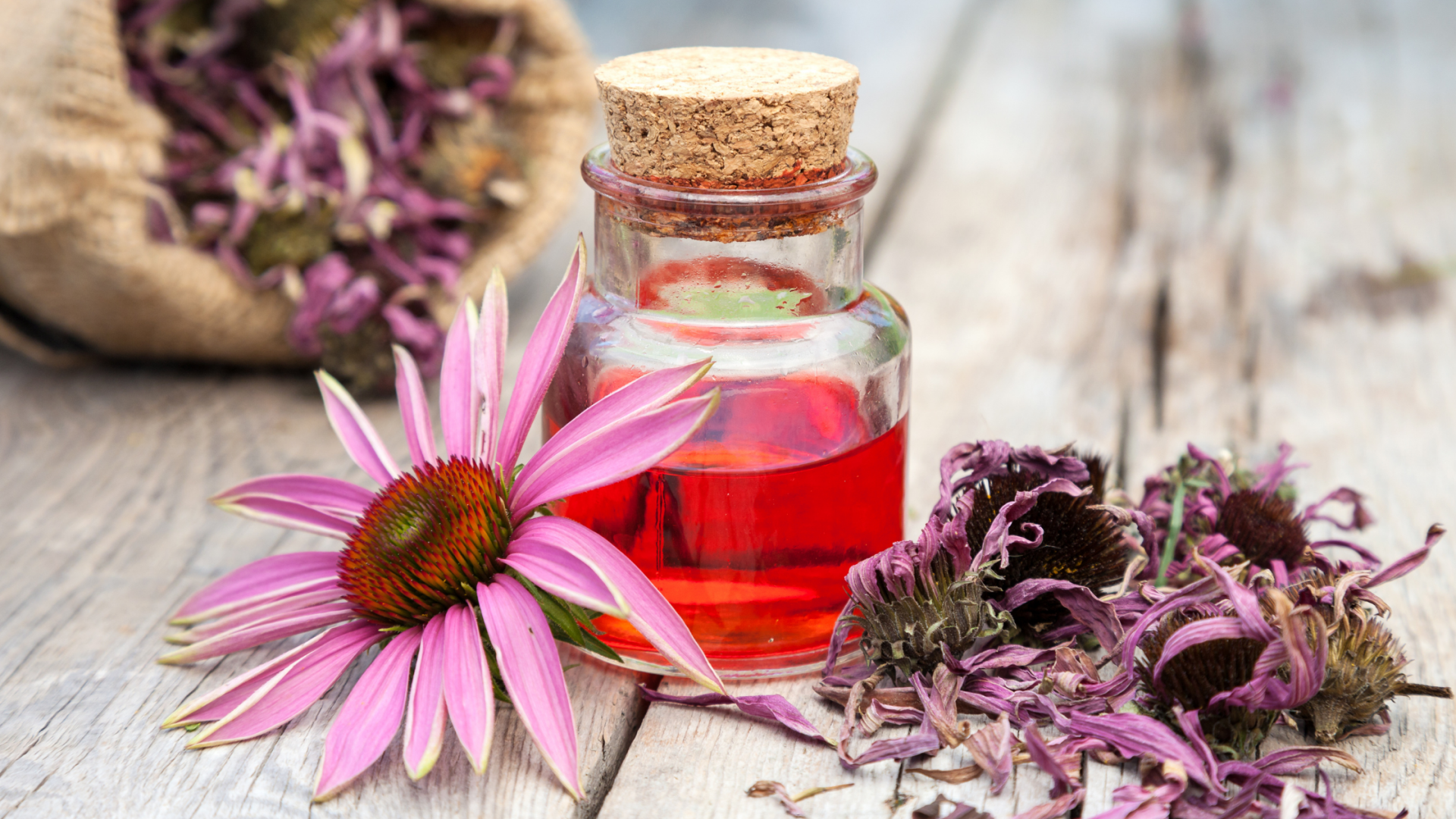
ECHINACEA
Echinacea has been used to treat infections for many years. Scientific reports state an extract of Echinacea purpurea can kill many different kinds of bacteria and may also fight inflammation associated with bacterial infection.
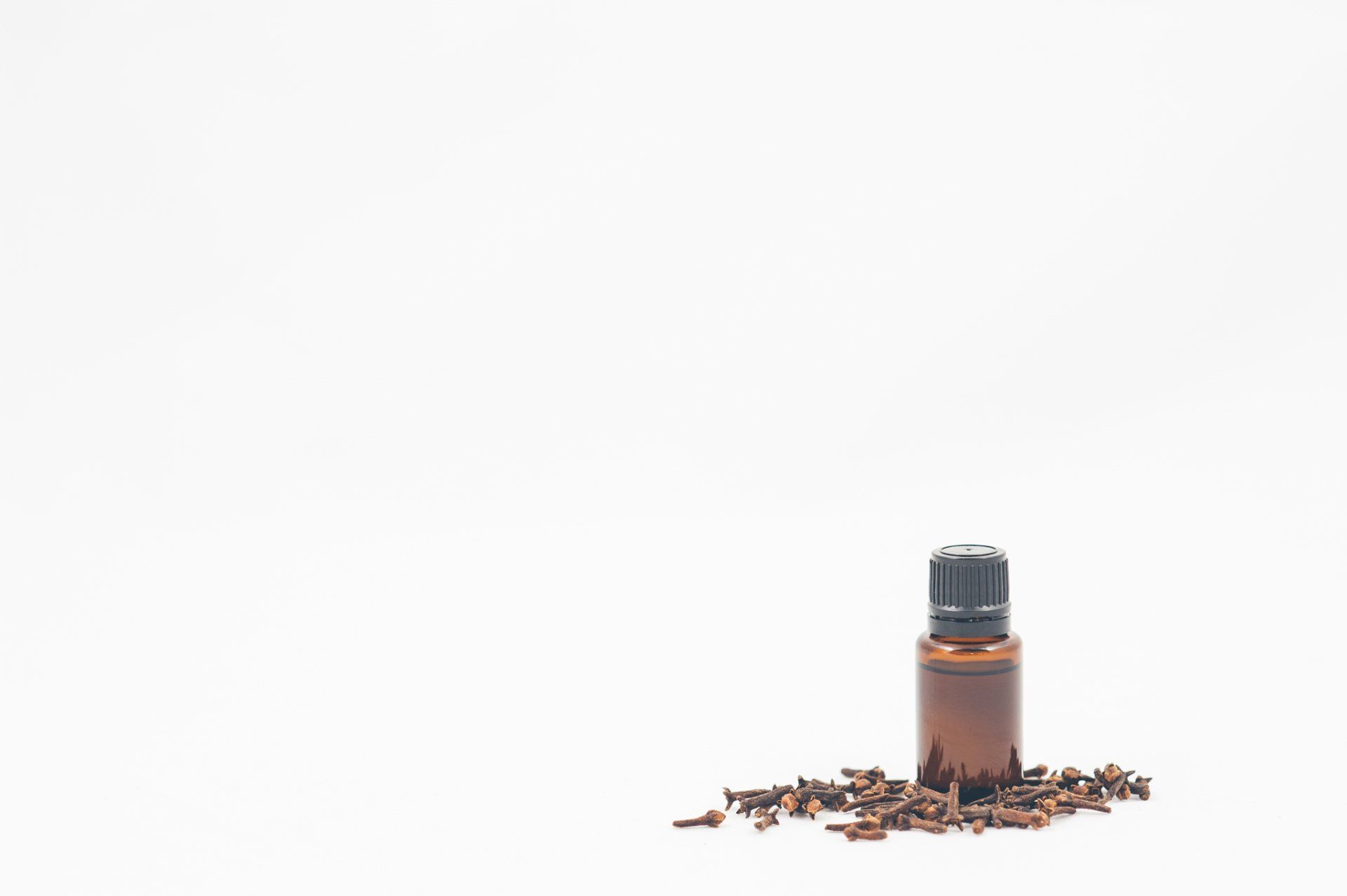
CLOVE WATER
Research is now finding that clove water extract may be effective against many different kinds of bacteria.
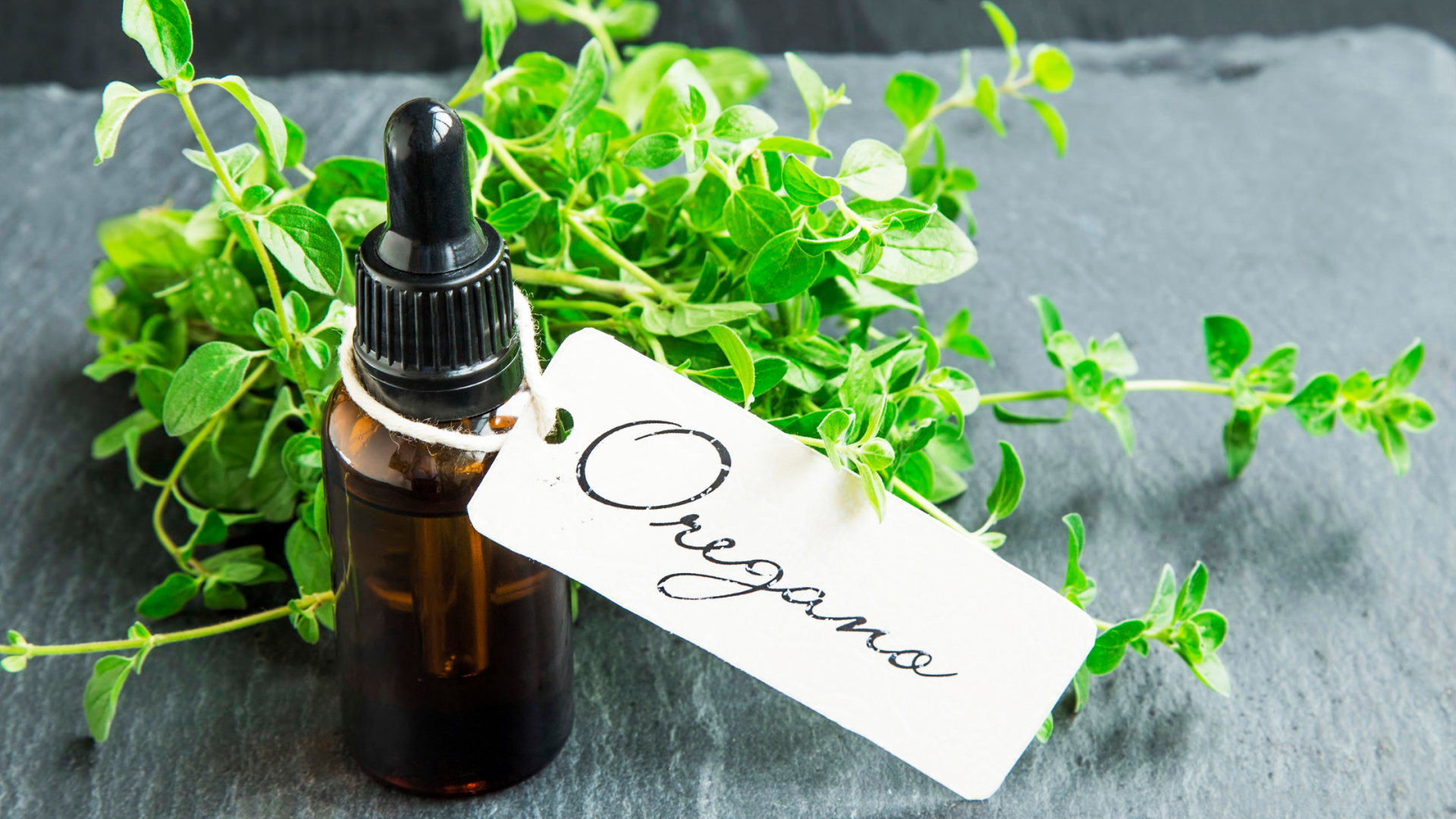
OREGANO OIL
Oregano oil is widely recognised for its antimicrobial activity, as well as its antiviral and antifungal properties. Oregano also aids digestion. A few drops of Oregano oil in a steam inhale may provide benefits to sinus and chest congestion.
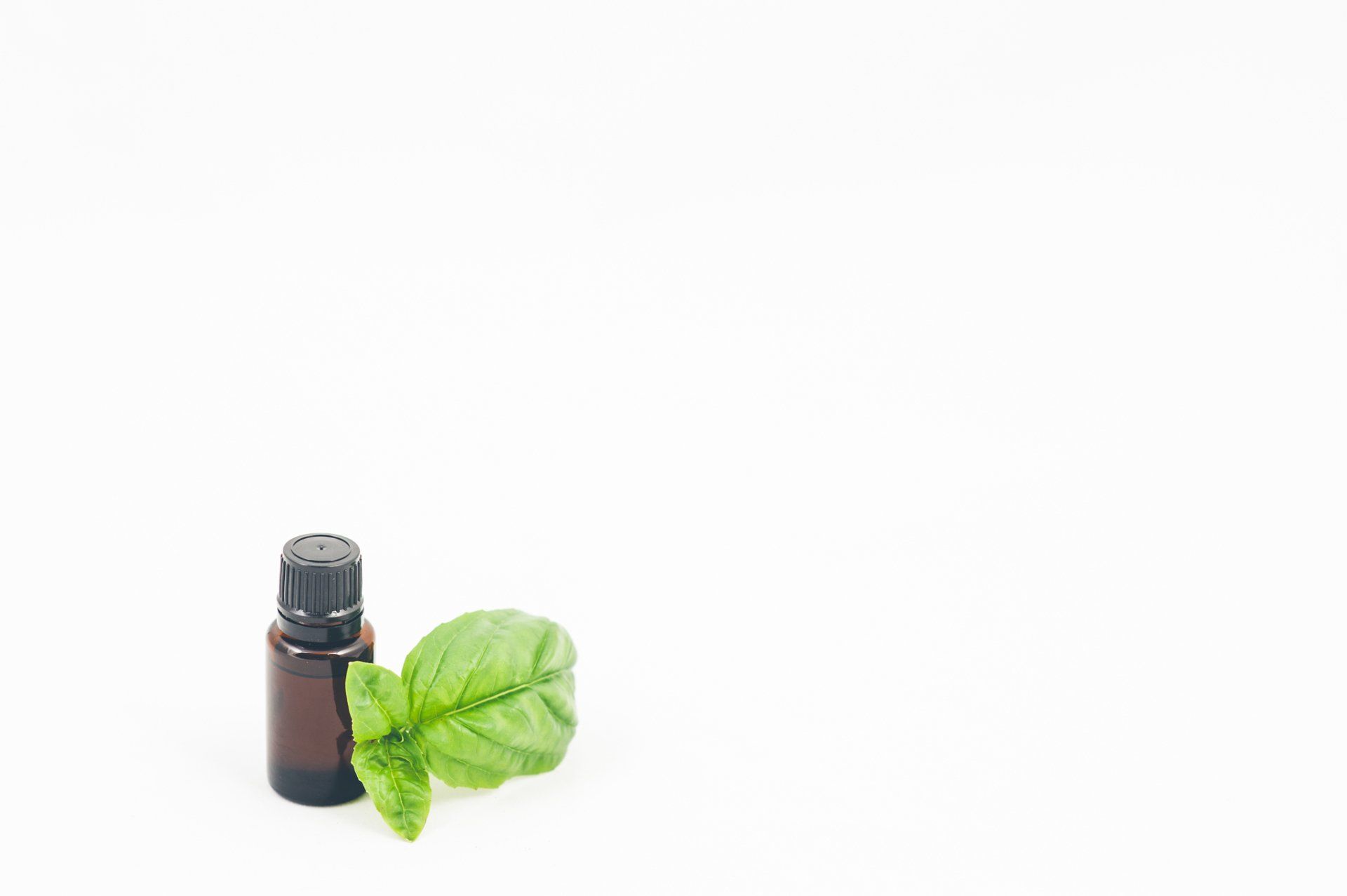
BASIL
Basil is often used for its strong antibacterial and antioxidant properties. Did you know Basil oil has also found a wide application in perfumery and dental / oral products nowadays?
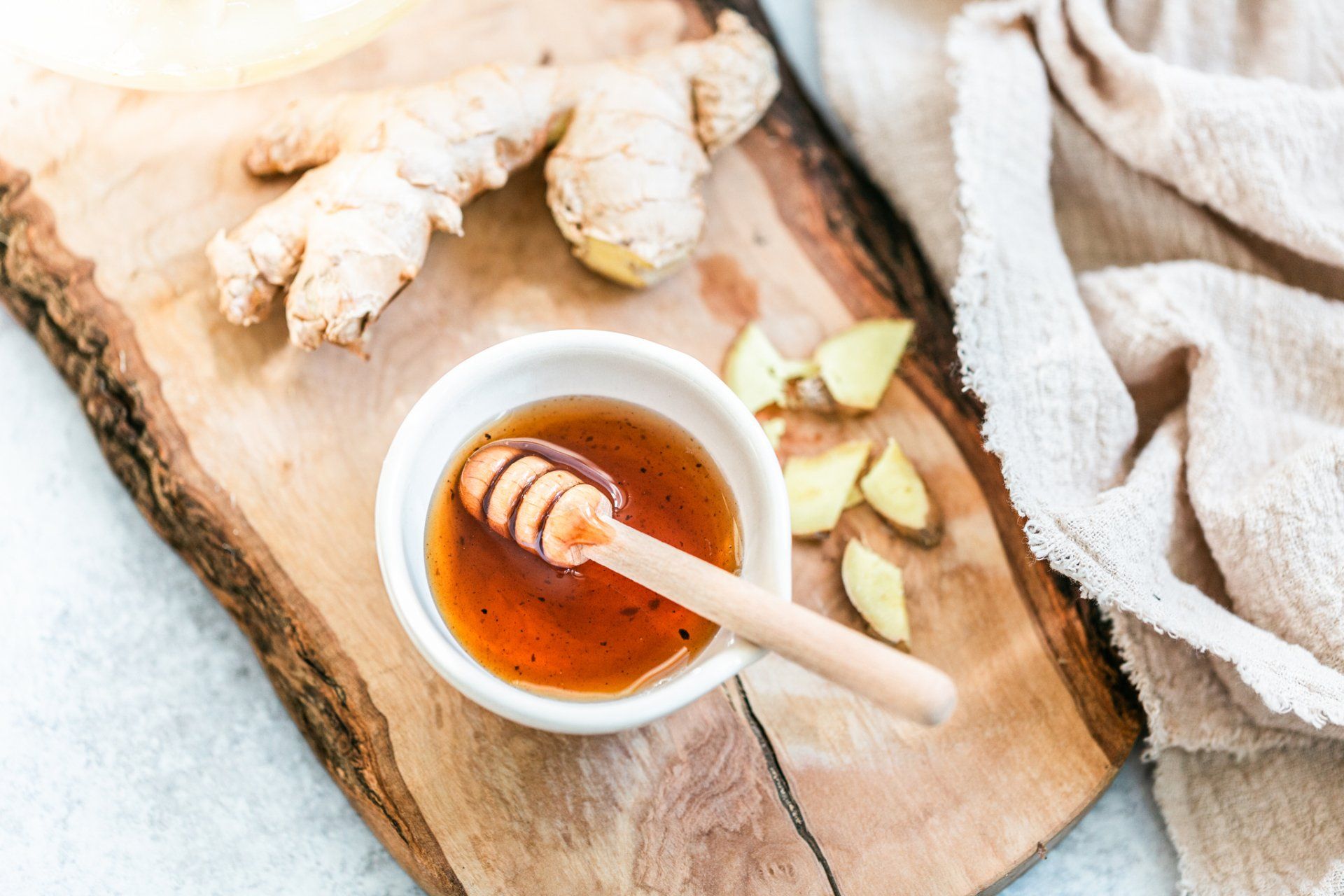
HONEY
Yes I know it's not a plant, but it is definitely worth a mention. Since the time of Aristotle, honey has been used as an ointment that helps wounds to heal and prevents or draws out infection. The antibacterial effects of honey are usually attributed to its hydrogen peroxide content. One study documented that honey can inhibit approximately 60 kinds of bacteria.
TIP: Add a teaspoon of honey to hot water for a soothing sweet drink. For sore throats, add a teaspoon of honey, half a teaspoon of crushed garlic and a squeeze of lemon juice to hot water for a triple action bug killer.
Do you have any of these plants in your backyard? If not, why not give them a try. If you can source honey from a local supplier, why not try that also. We are lucky to have local honey produced 4 streets away from us in their backyard. Can't get more local than that. Not only are we getting the benefits of pure local honey, but we are also supporting a local small business which is very important to me.

If you love the science behind plant, their oils and benefits, a great source for further information is:
https://pubmed.ncbi.nlm.nih.gov/
If you have any other tips, please share them in the comments below, I love hearing from my readers. And as always, please feel free to share this with anyone you think may be interested. Happy gardening!
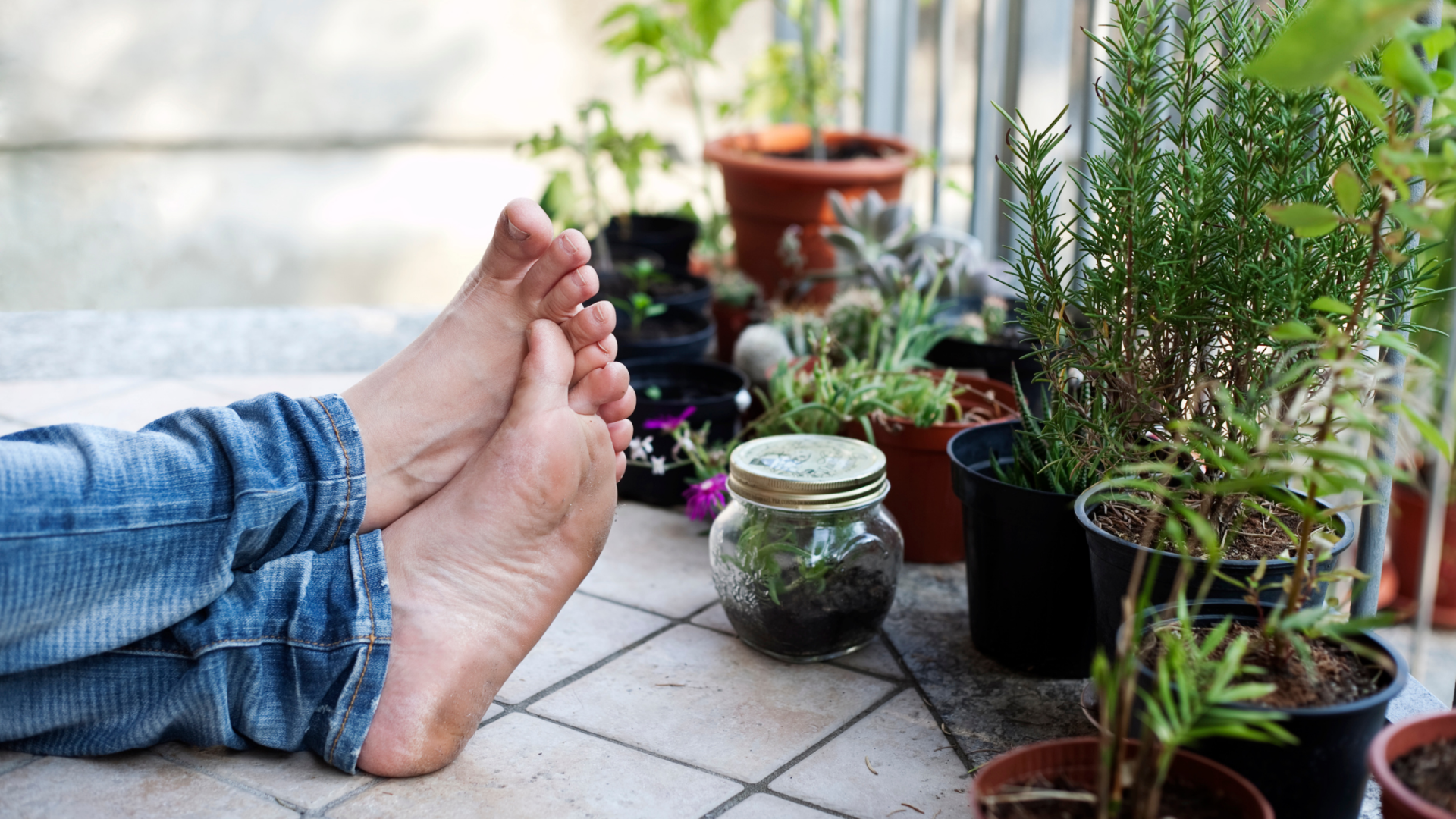


Join our mailing list for news and updates.
